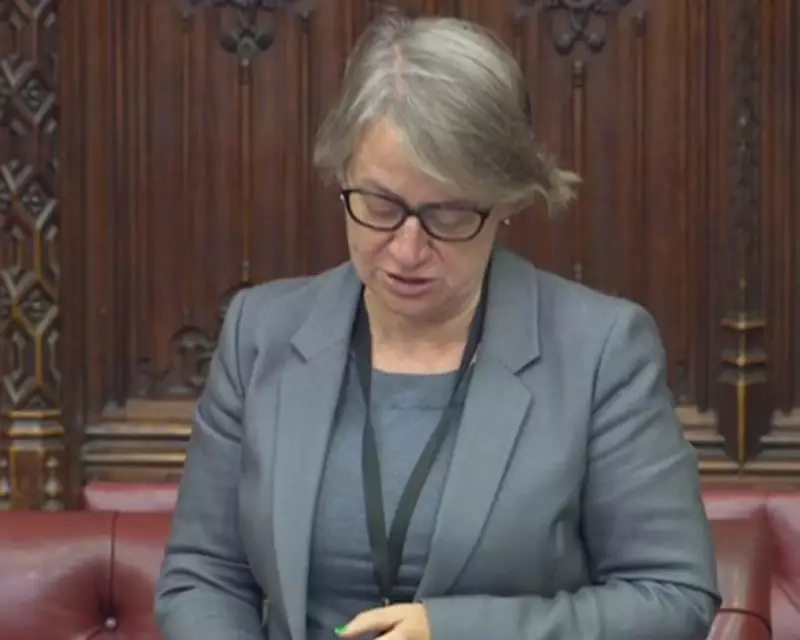
In a bold move that could redefine Britain's relationship with the natural world, a coalition of environmental campaigners and cross-party politicians has launched a groundbreaking bill that would grant legal rights to nature itself.
A Legal Revolution for British Landscapes
The proposed Nature Rights Bill, introduced to Parliament on Wednesday, seeks to transform how ecosystems like rivers, forests and wetlands are protected under UK law. The legislation would recognise these natural entities as having legal personhood - meaning they could be represented in court and have their interests defended legally.
This isn't just theoretical environmentalism; it's a practical legal framework modelled on successful international examples. From New Zealand's Whanganui River to Ecuador's constitutional protections, the concept of nature's rights is gaining global traction.
What the Bill Actually Means
Under the proposed legislation:
- Ecosystems would gain legal standing to sue and be sued through appointed guardians
- New enforcement mechanisms would allow communities to take legal action against environmental damage
- A fundamental shift from treating nature as property to recognising its intrinsic right to exist and flourish
Campaigners argue that current environmental laws, while valuable, operate within a system that ultimately treats nature as a resource to be managed rather than an entity with rights.
The Political Landscape
The bill has attracted support from across the political spectrum, with backing from Green Party peers, Labour MPs, and Liberal Democrat representatives. This cross-party support suggests the issue transcends traditional political divides, tapping into growing public concern about environmental protection.
However, the legislation faces significant hurdles in a Parliament crowded with government business and competing priorities. Supporters acknowledge they're in for a tough battle but believe the timing is right for such a fundamental rethink.
Why This Matters Now
With the UK facing multiple environmental crises - from river pollution to biodiversity loss - proponents say the current system isn't working fast enough or comprehensively enough. The rights of nature approach represents a paradigm shift that could provide stronger, more proactive protection.
As one campaigner put it: "We've tried regulating how much damage we can do to nature. Now it's time to try recognising that nature has rights that deserve protection in their own right."
The coming months will test whether Westminster is ready for such a revolutionary approach to environmental law, but one thing is clear: the conversation about nature's legal rights has officially arrived in British politics.





